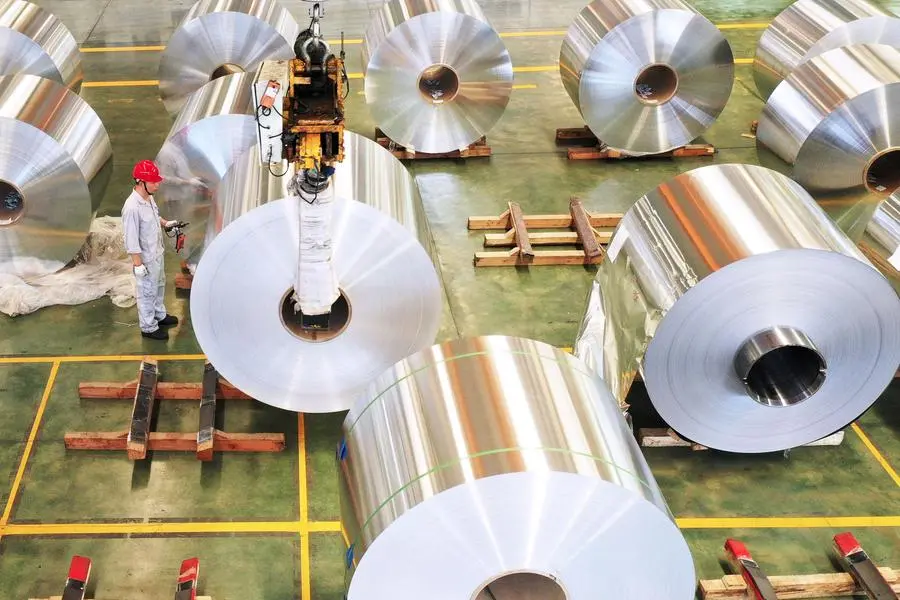PHOTO
The United States unveiled stricter rules Wednesday on steel and aluminum imports from Mexico, moving to prevent China-origin goods from avoiding tariffs.
The election-season moves by President Joe Biden's administration mark the latest in a series of efforts to guard against excess industrial capacity in China -- which Washington has repeatedly warned could bring a flood of unfairly priced goods to other markets.
Steel arriving via Mexico will qualify for duty-free benefits only if melted and poured in that country, or in the United States or Canada, White House National Economic Advisor Lael Brainard told reporters. Otherwise, they will face tariffs of 25 percent.
Under Biden's latest proclamation, aluminum imports from Mexico that contain primary aluminum smelt or were cast in China, Belarus, Iran or Russia will also face a 10 percent tariff.
Mexico will require importers to provide information about the products' countries of origin.
"These actions fix a major loophole that the previous administration failed to address, and that countries like China use to avoid US tariffs by shipping their products through Mexico," Brainard said.
She charged that "Chinese steel and aluminum entering the US market through Mexico evades tariffs, undermines our investments and harms American workers in states like Pennsylvania and Ohio."
As Biden's reelection bid enters a critical stage, the president has been working to win over voters in swing states including Pennsylvania.
A senior US official conceded that the latest measures are "forward-looking."
Nearly 90 percent of some 3.8 million tons of steel imports from Mexico is already melted and poured in either the United States, Canada or Mexico, an official said on condition of anonymity.
The remaining comes from a number of countries including China, the official added without giving further details.
Similarly, of the 105,000 metric tons of aluminum from Mexico, 94 percent was smelted or cast in the same three North American countries.
But officials maintained that China was producing well above domestic demand, warning that "a lot of the excess capacity is bound to be exported abroad."
"These joint actions with Mexico will help to ensure the long-term viability of our steel and aluminum industries," said US Trade Representative Katherine Tai.
In May, the United States announced steep tariff hikes on Chinese imports like electric vehicles and semiconductors, as Biden warned that Washington would not let China flood the US market.
But tariffs on sectors like EVs were considered pre-emptive, since few such cars are imported.





















